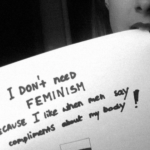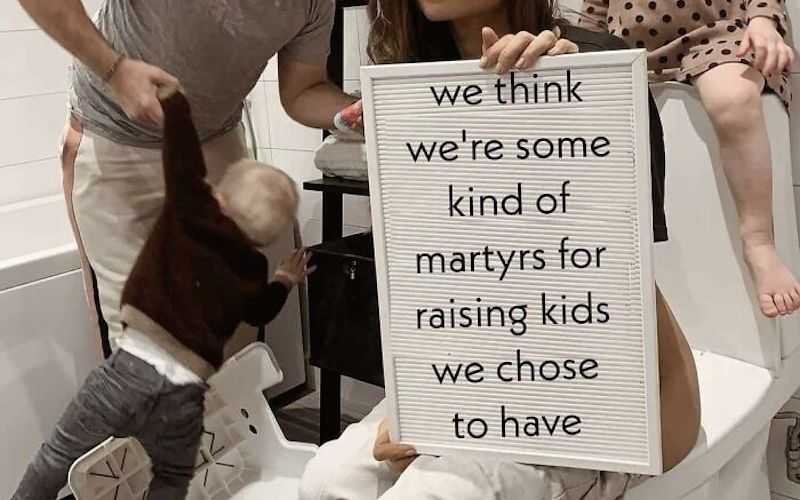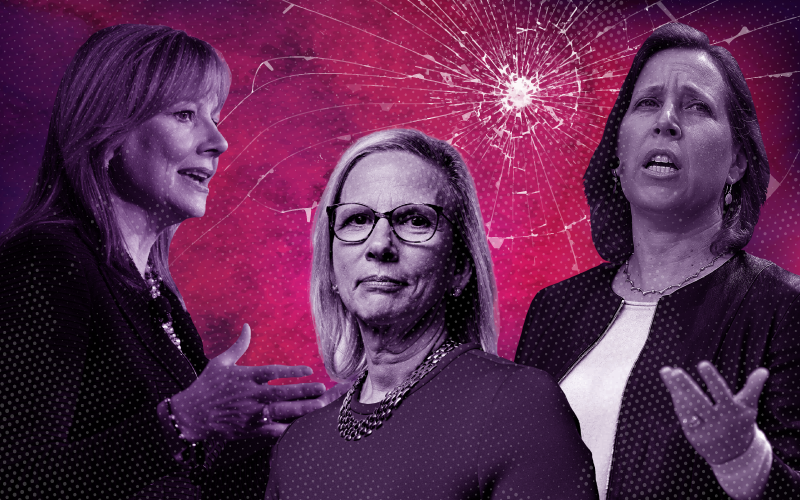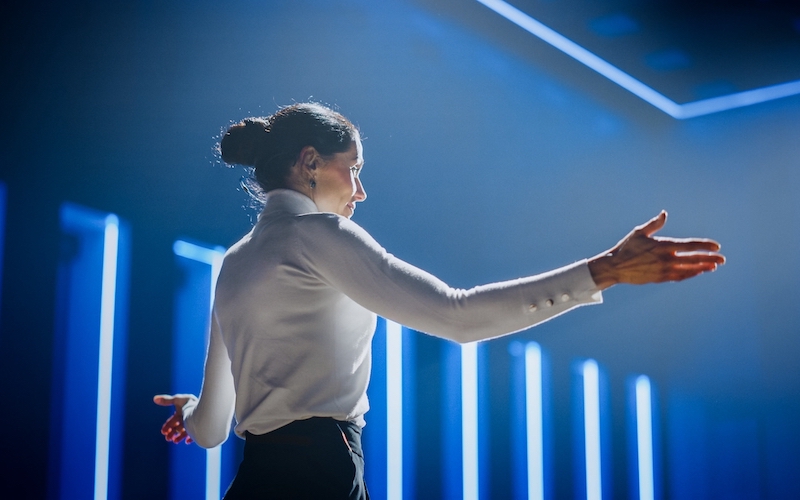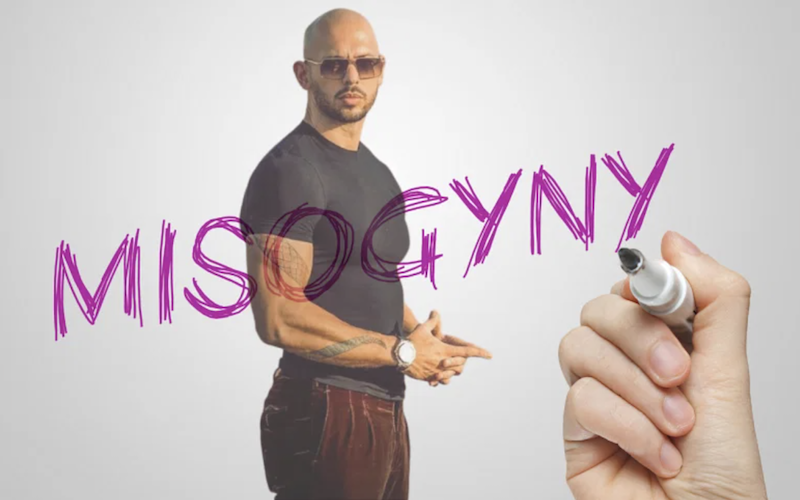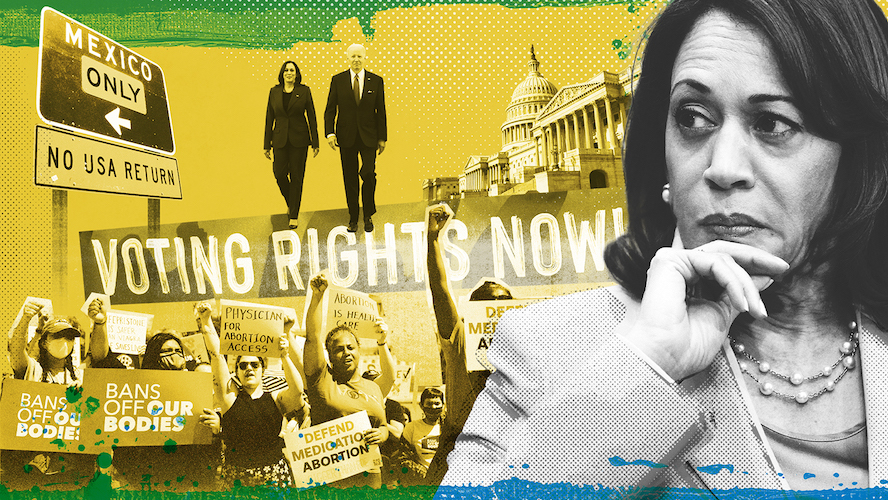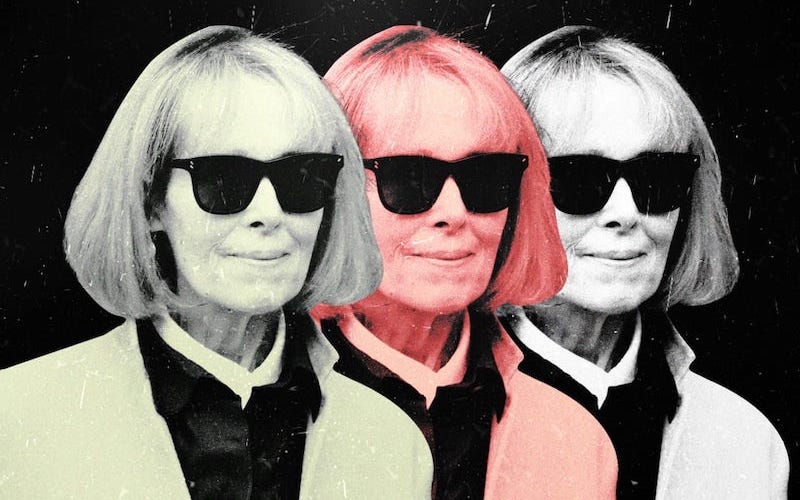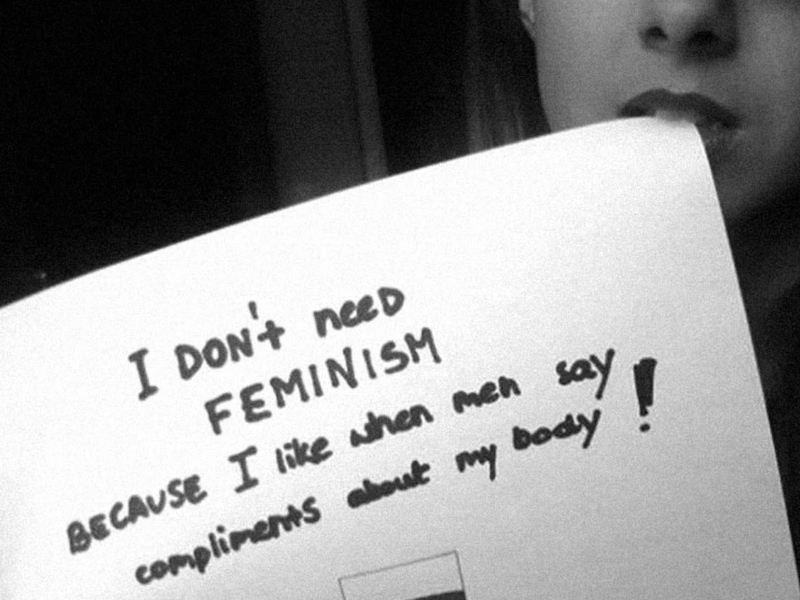There is a well-established trend in Western democracies: educated women are more likely to vote for left-wing parties and candidates than men with the same level of education. This phenomenon has been observed in numerous countries, from the United States to European nations like Germany and France, and the gap is widening.
So why do educated women tend to lean left in their political views? There are several factors that contribute to this trend.
Firstly, higher education often exposes women to a wider range of perspectives and ideas, making them more likely to value diversity and inclusivity. These values are often more closely aligned with left-wing political platforms.
Secondly, educated women are more likely to work in fields that are traditionally undervalued and underpaid, such as education and healthcare. This experience can give them a deeper understanding of economic inequality and the need for social programs that support marginalized groups.
Thirdly, women’s lived experiences of discrimination and gender bias can make them more sympathetic to the struggles of other marginalized groups, including people of color and the LGBTQ+ community. This can lead to a greater appreciation for policies that promote social justice and equality.
Furthermore, the right-wing political agenda has often been criticized for its lack of attention towards issues of social justice, which can be a turn-off for educated women who value equality and inclusivity.
While these are not the only factors at play, they do contribute to the observed trend of educated women leaning left in their political views. The education and experiences of women are fundamental in shaping their worldviews and influencing their political beliefs.
The left-leaning tendency of educated women in politics can be attributed to a range of factors, including exposure to diverse perspectives, the experience of economic inequality and discrimination, and values of inclusivity and social justice. These factors shape women’s worldviews and influence their political beliefs. This trend will continue to shape the political landscape of Western democracies as more women pursue higher education and enter politics.
As more educated women engage in politics and hold positions of power, we can expect to see more dynamic and influential figures like Alexandria Ocasio-Cortez (AOC) emerging on the political stage. The rise of more AOC-like figures will undoubtedly contribute to the ongoing evolution of political discourse and the pursuit of a more equitable society.



